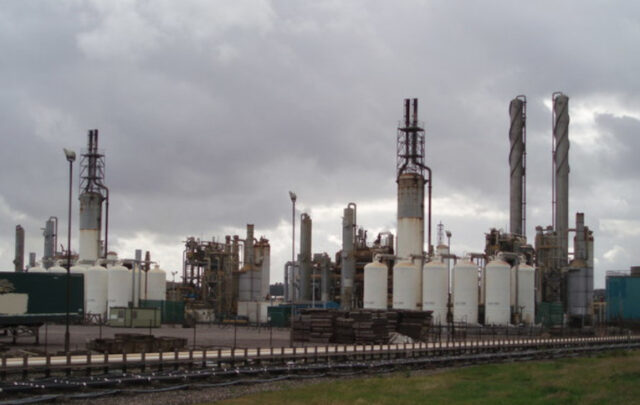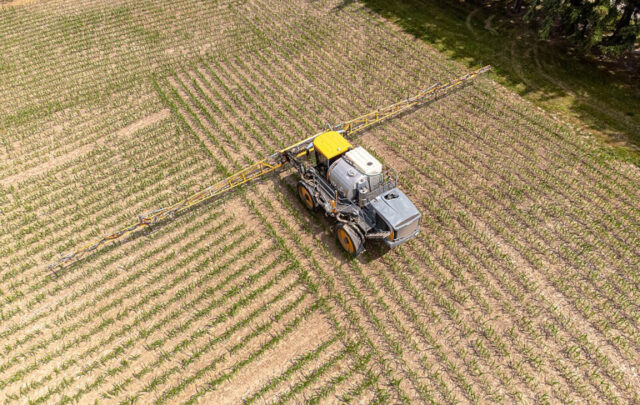NAIROBI (Reuters) – Africans are struggling to cope with stubbornly high global oil prices which are forcing many to walk long distances to work or schools, go hungry as food prices skyrocket, and depend on candles to light their homes.
Crude oil prices surged to a record $68 a barrel this week on supply concerns, raising fears of further fuel hikes in Africa where burdened families were already reeling from rises.
“If they are increased again, I will be left with no food to feed my orphans because (food) prices will go up because of transport costs,” said Mai Wisiki, a grandmother with four orphans in Malawi’s Chiradzulu district.
Across Africa, prices at the pump are ballooning at an alarming rate, pushing millions of people on the world’s poorest continent deeper into poverty and adding to the threat to the continent’s forests, the source of much of its firewood.
Many rural homes in Africa do not have electricity and depend on kerosene to light their small lamps and cooking stoves in the evenings. But the price of kerosene is becoming unaffordable for many.
“Nowadays I cannot afford to buy kerosene for my children to study, I can only afford to buy candles,” said Margaret Njuki, a single mother of three and a tea farmer in central Kenya.
The need for an affordable alternative source of power is also putting pressure on forests.
“Every day things are going from bad to worse. Because of the increase in the price of cooking gas, I have reverted to using firewood and charcoal,” said Melanie Ndoh, a civil servant and housewife in Cameroon, where the government last week raised prices for fuel products by 8 CFA francs per litre.
With transport cost rising daily, many motorists have been forced to change their lifestyles and are now trekking to their work places. Others have opted to ride bicyles while small traders hire handcarts to save on transport costs.
“I have a car that I have now parked. I cannot afford fuel because I have other needs such as paying school fees for my children, rent and food,” said John Shiundu, a shopkeeper outside Nairobi’s city centre.
Students have not been spared.
“I have to walk for eight km to school and another eight km back home just to save some money,” said Lewis Nyirenda, a college student in the Zambian capital Lusaka.
“GARGANTUAN OIL PRICE”
Although Africa’s powerhouse South Africa has said it expects strong economic growth despite high oil prices, many on the continent say the rises pose a threat to economic goals due to soaring inflation and weakened local currencies.
“The recent gargantuan oil price increases could be disastrous for African economies,” Augustin Fosu, the director of economics and social policy division at the U.N. Economic Commission for Africa told Reuters.
“Although a handful of countries that are oil-producing should benefit, the vast majority of African countries are non-oil producing and their economies will be significantly hurt by these negative supply shocks.”
He said global growth is likely to be reduced which will cut export demand for African goods. Many African countries could also be forced to reallocate funds in their budgets away from crucial development projects to meet with a high oil budget.
High oil prices are also raising social tensions and some governments are grappling with protests.
In the west African country of Guinea, the government increased oil prices in May to 3,800 Guinean francs from 2,500 francs prompting a group of armed youths to attack several lorries carrying rice, the country’s staple food, to deter the government from further hikes.
Some African governments like Ethiopia, Mauritius and tiny Seychelles are yet to raise petrol prices, but not for too long.
In Mauritius, the government’s Automatic Price Mechanism committe is scheduled to review petrol prices in October. Analysts say prices will go only one way — up.
“If the price of petrol is adjusted as it should, the first effect will be a further deterioration of the trade deficit”, said Mahmood Cheeroo, the director of the Mauritius Chamber of Commerce and Industry.





